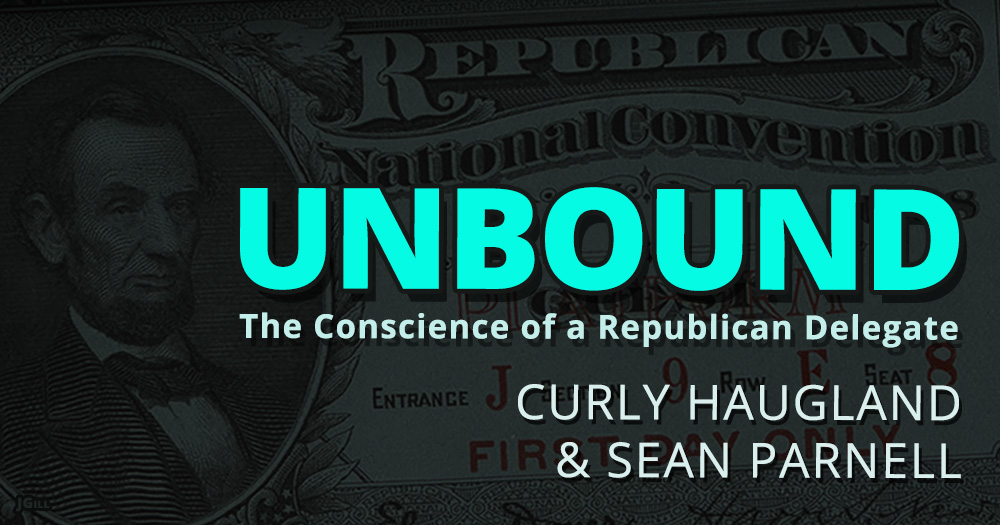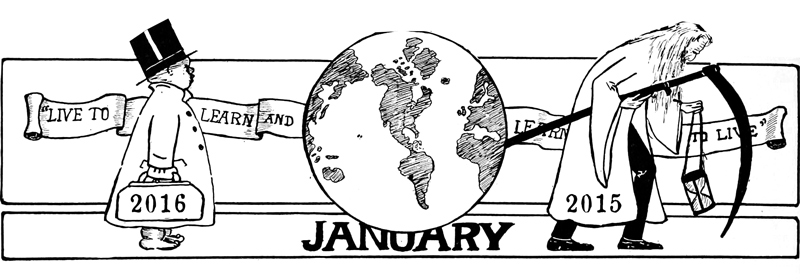Are we being lied to?
Donald J. Trump is the presumptive Republican nominee for president. So presumes the news media and Republican National Committee Chairman Reince Priebus, because all those delegates are bound to vote for Trump on the first ballot.
But what if Republican delegates convening this July aren’t bound. That’s the compelling case made by a new book, Unbound: The Conscience of a Republican Delegate,* written by Curly Haugland and Sean Parnell.
How does modern America get something so wrong, when it’s written down in black-and-white? Politicians don’t read the bills they enact and, apparently, politicos don’t read their party rules.
Except crazy ol’ Curly Haugland. The Republican National Committeeman from North Dakota reads and understands: convention delegates choose the nominee. In so doing, they are free to vote their conscience, unbound by primary or caucus votes, state party rules or even state law.
This information should anger voters. Political parties have a right to their own process, certainly, but not to pretend primary voters determine the winner, when they don’t.
Why the deception?
Well, the insiders and big-time consultants, with sway at RNC headquarters, make millions on TV ad buys. Not so for a nomination determined by core activists at a state convention, who aren’t susceptible to the expensive tricks of the modern political trade.
The media has a financial interest, too — in more readers, listeners and viewers. If primaries are known as merely “beauty contests,” they fear folks will tune out, along with paying advertisers.
Instead, tune in, turn on and download Unbound. Find out what the media and the RNC won’t tell you.
This is Common Sense. I’m Paul Jacob.
=========================
* Published by Citizens in Charge Foundation, the book can be downloaded for free here.




